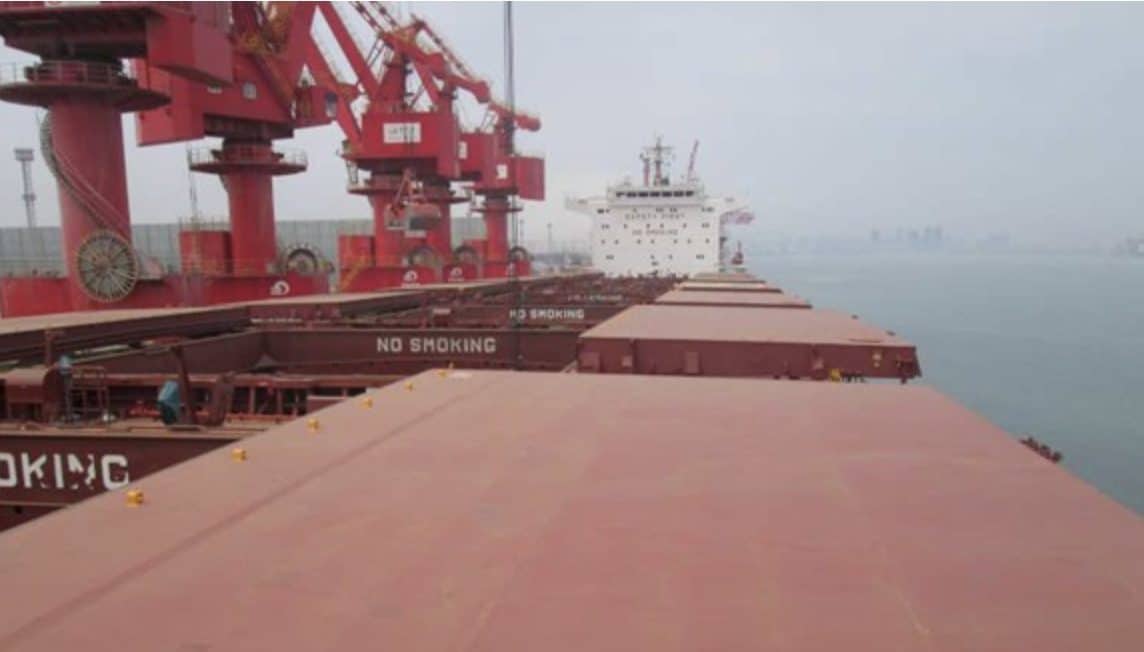Queue times for commodity vessels off Chinese ports hit highs not seen since 2022
Trump and Xi to Address Port Congestion

As tensions rise between the U.S. and China, a crucial meeting between President Donald Trump and President Xi Jinping is set for later this week in South Korea. This summit comes at a time when commodity supply chains are facing significant disruptions, with vessels experiencing unprecedented delays at Chinese ports. Recent data indicates that queue times for these vessels have surged to levels not seen since mid-2022, prompting urgent discussions on trade and port fees.
Record Delays at Chinese Ports
According to maritime analytics firm Sea, the congestion at Chinese ports has reached alarming levels, particularly affecting tankers and bulk carriers. The delays are attributed to newly implemented fees on U.S.-linked vessels, which have exacerbated existing trade tensions. Over the past two weeks, both Beijing and Washington have introduced higher port fees targeting American and Chinese shipping, a move that aligns with Trump’s efforts to curb China’s maritime influence.
The spike in waiting times coincides with the implementation of these new port fees on October 14. While tankers and bulkers are facing significant delays, container vessels appear to be less affected, according to industry experts. Hua Joo Tan, co-founder of container consultancy Linerlytica, noted that there has been “no material change” in the waiting times for container ships at Chinese anchorages.
The ongoing congestion poses a challenge for global supply chains, as delays can lead to increased costs and disruptions in the delivery of essential goods. With the meeting between Trump and Xi on the horizon, there is hope that discussions will lead to resolutions that could alleviate some of these pressures.
Potential Trade Deal on the Horizon
In addition to addressing port congestion, the upcoming meeting is expected to focus on a broader trade agreement between the U.S. and China. U.S. Treasury Secretary Scott Bessent revealed that both nations have reached an agreement on a framework for a potential trade deal, which will be finalized during the leaders’ discussions. This framework reportedly includes a resolution regarding TikTok’s operations in the U.S. and a suspension of China’s planned restrictions on rare earth mineral exports.
TECO 2030 with partners starts second EU Horizon project, granted over EUR 2.3 million
Bessent expressed optimism that Trump’s proposed 100% tariff on Chinese goods would not be enacted, which could provide a significant boost to trade relations. Furthermore, Beijing is anticipated to resume large-scale purchases of U.S. soybeans, a move that could benefit American farmers and strengthen economic ties.
As Trump and Xi prepare to meet on Thursday, the discussions surrounding port fees and trade agreements will be critical in determining the future of U.S.-China relations and the stability of global supply chains.
